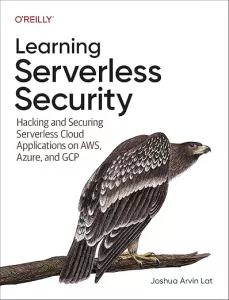Last updated on November 25, 2025
Azure Service Fabric Cheat Sheet
- A distributed systems platform that helps package, deploy, and manage scalable and reliable microservices and containers.
- Build microservices and container-based applications using the programming language of your choice, including .NET 6, .NET 7, Java, and other supported languages. It supports two types of microservices:
- Stateless – It does not maintain a mutable state outside a request and its response from the service such as protocol gateways and web proxies.
- Stateful – It maintains a mutable, authoritative state beyond the request and its response.
- Enables low-touch workflows to provision, deploy, patch, and monitor applications with Service Fabric application lifecycle management.
- Service Fabric managed clusters provide simplified cluster management with reduced operational overhead.
- Supports the deployment of multiple application instances.
- A service fabric cluster is a set of virtual machines into which your microservices are deployed and managed.
- Modern runtime support for current .NET versions and development frameworks.
Security
- Create or import a certificate using Azure Key Vault.
- Use Azure Firewall to complement your existing Network Security Group rules to control access to your cluster.
- Azure Active Directory integration for cluster authentication and access control.
- Managed identities for Azure resources to securely access other Azure services.
Azure Service Fabric Pricing
- You are charged based on the number of vCPU and GBs of memory allocated to each VMs.
- You are charged based on the size, number of disks, and number of outbound data transfers.
Azure Service Fabric Resources:
https://azure.microsoft.com/en-us/services/service-fabric/
https://docs.microsoft.com/en-us/azure/service-fabric/service-fabric-overview

















